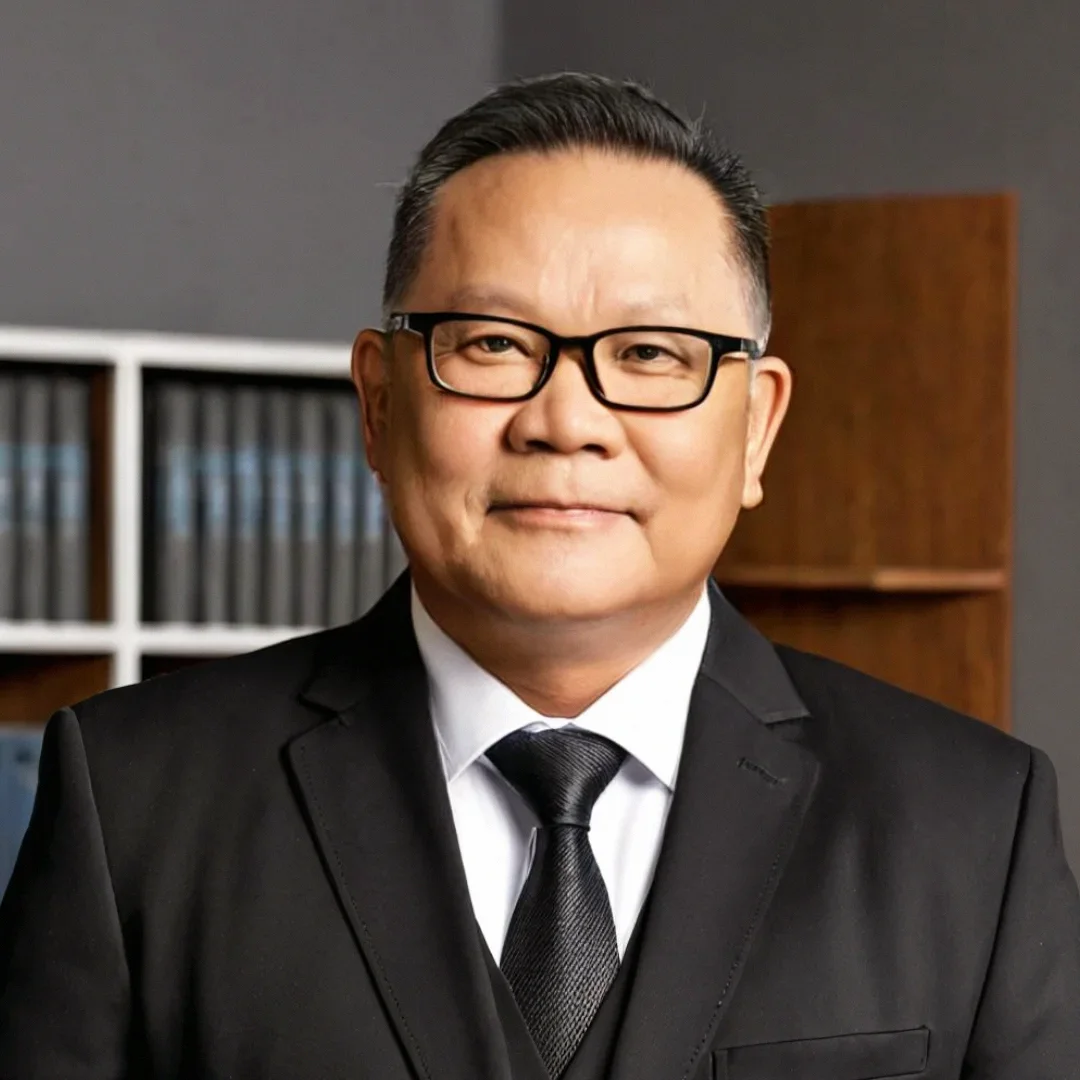Home › Philippines visa services
Learn more about Philippines Visa Services
A Philippines Visa is an official document issued by the Philippine government that allows foreign nationals to enter and stay in the country for a specified period of time, depending on the type of Visa obtained. It is important to have a valid Philippines visa if you plan to travel, work, study or conduct any other activities in the country. Without a Visa, you may be denied entry at the port of entry or face legal consequences. Applying for a Philippines Visa can seem daunting, but it’s a necessary step to ensure a smooth and hassle-free experience in the country. Themis Partner assist you in your Visa applications through the help of our Visa agents and Immigration lawyers to take care of the legal documents needed and the assistance in the process.
Table of contents
-
Where can you apply for Philippines Visa Services?
-
Can a foreigner work in the Philippines?
-
How to apply for a visa in the Philippines?
-
What are the Visa requirements for working in the Philippines?
-
What are the different types of visa for foreign workers?
-
What are the common reasons for Visa denial?
-
How Visa lawyers helps in obtaining a Visa?
Where can you apply for Philippines Visa Services?
You can apply for your Philippines visa services at the Philippine embassy or consulate in your home country or in a nearby country if there is no Philippine embassy or consulate in your home country. Additionally, there are visa processing centers authorized by the Philippine government that you can use to apply for your visa services. You can find a list of these centers on the website of the Philippine embassy or consulate in your area.
Alternatively, you can also apply for your Philippines visa services online through the official government website. This option is available for certain types of visas, such as the electronic travel authorization for visa-free entry to the Philippines. However, it is essential to check the eligibility requirements and the application process before applying online.
Regardless of where you apply, it is important to follow the application procedures and provide all the necessary documents to avoid delays or denial of your visa application. It is also recommended to apply for your visa services well in advance of your planned travel to the Philippines to allow for sufficient processing time.
Can a foreigner work in the Philippines?
A foreigner can work in the Philippines, but they need to obtain the appropriate work permit and visa before they can legally work in the country. The process of obtaining a work permit and visa involves several steps, including obtaining a job offer from a Philippine employer, securing a work visa from a Philippine embassy or consulate abroad, and registering with the Bureau of Immigration once in the Philippines.
There are also specific restrictions and requirements for foreign workers in the Philippines. For example, certain professions and industries are reserved for Filipino citizens, and foreign workers are required to pay certain fees and taxes. Additionally, the employer of a foreign worker must provide proof that there are no qualified Filipino citizens available to fill the position.
It is important to note that working in the Philippines without the appropriate work permit and visa is illegal and can result in fines, deportation, and other legal consequences. Therefore, it is essential to follow the proper procedures and requirements when seeking employment in the Philippines as a foreigner.
How to apply for a visa in the Philippines?
Step 1. Determine the type of visa you need
The Philippines offers various types of visas, including tourist, business, student, and work visas. Determine which type of visa you need and the requirements for that visa.
Step 2. Gather the required documents
The documents required for a visa application will vary depending on the type of visa you need. Generally, you will need to provide a valid passport, passport-sized photos, and proof of financial capability. Other documents may include a letter of invitation, a medical certificate, and travel itinerary.
Step 3. Schedule an appointment
Visit the website of the Philippine embassy or consulate in your area to schedule an appointment for your visa application. Some embassies and consulates may allow walk-in applications, but it is best to check beforehand.
Step 4. Pay the application fee
There is an application fee for all Visa types. The fee will vary depending on the type of Visa and the embassy or consulate where you apply.
Step 5. Submit your application
On the day of your appointment, submit your application and all required documents to the embassy or consulate. The visa processing time will depend on the type of Visa and the embassy or consulate where you apply.
Step 6. Wait for the visa decision
Once your application is processed, you will be notified of the Visa decision. If your Visa is approved, you will be issued a Visa sticker or an electronic Visa that you can present at the Philippine port of entry.
What are the Visa requirements for working in the Philippines?
The visa requirements for working in the Philippines depend on the type of work permit and Visa you need. Generally, foreign nationals who wish to work in the Philippines need to obtain a work permit and a work Visa.
The requirements for a work permit and Visa in the Philippines include:
1. A valid passport with a minimum validity of six months from the intended date of arrival in the Philippines.
2. A National Bureau of Investigation (NBI) clearance or a police clearance certificate from the applicant’s home country.
3. A medical certificate issued by a licensed physician in the Philippines.
4. A work visa application form.
5. A contract of employment from a Philippine employer that is approved by the Department of Labor and Employment (DOLE).
6. A certificate of tax exemption from the Bureau of Internal Revenue (BIR).
7. Proof of financial capability to support oneself during the stay in the Philippines.
8. Payment of the appropriate visa and work permit fees.
In addition to the above requirements, the employer must also submit the necessary documents to the DOLE and the Bureau of Immigration to obtain the required permits and clearances.
It is important to note that the visa requirements and application procedures may vary depending on the type of work permit and visa you need, and additional requirements may apply depending on the specific circumstances of the applicant. Therefore, it is best to consult with the Philippine embassy or consulate in your area for the most up-to-date information on visa requirements and procedures for working in the Philippines.
What are the different types of visa for foreign workers?
There are several types of visas for foreign workers, depending on the purpose and nature of their employment. Some of the most common types of visas are:
| ➤ Temporary Work Visa: This visa allows foreign workers to work in a country for a specified period, typically up to two years. It is commonly used for workers in industries such as agriculture, hospitality, and construction. |
| ➤ Skilled Worker Visa: This visa is for foreign workers who possess specialized skills or qualifications that are in demand in a particular country. It may require proof of education, work experience, and language proficiency. |
| ➤ Intra-Company Transfer Visa: This visa allows employees of a multinational company to work in a branch or subsidiary of that company in another country. It is typically used for managers, executives, and specialized knowledge workers. | ➤ Student Visa with Work Permit: This visa allows international students to work in the country where they are studying. It may have restrictions on the number of hours worked per week or the type of employment allowed. | ➤ Business Visa: This visa allows foreign workers to enter a country for short-term business purposes, such as attending meetings, negotiating contracts, or participating in trade shows. | ➤ Freelancer/Independent Contractor Visa: This visa allows self-employed individuals to work in a country without being employed by a specific company. It may require proof of income, contracts, and business registration. | ➤ Investor Visa: This visa allows foreign investors to establish or invest in a business in a country. It may require a minimum investment amount or job creation targets. |




